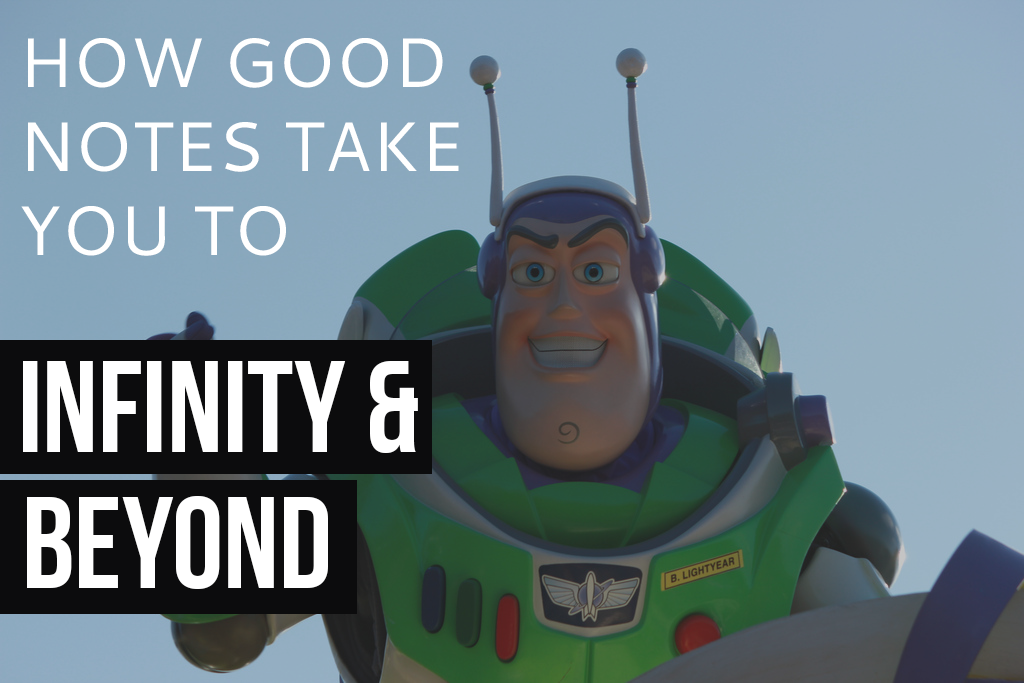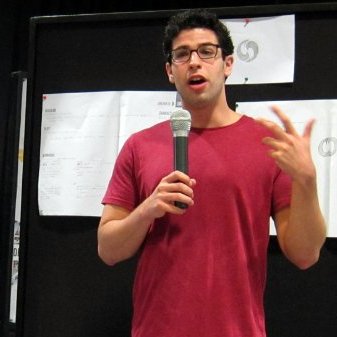Hi everyone, Amma Marfo here. Two quick things about me that you’ll need to know before we begin:(1) I am a reader. I am a library-loving, constant tome-carrying, unapologetic bibliophile. (2) If there’s anyone you will meet who can connect what she’s reading to the world around her, it’s me. As such, I want to dedicate my time in this space to sharing with you what I’m reading, and how it could inform a budding professional’s daily life.
Pat Sajak and Vanna White. Batman and Robin. Lucy and Ethel (sometimes). History and pop culture are littered with examples of powerful duos, hard at work to make the world better (or, in the case of Lucy and Ethel, more filled with chocolate). So often, we distill the stories behind creative excellence down to a moment of brilliance in one person (think Newton's revelation of gravity), or farm it out to a group through exercises like brainstorming. But Joshua Wolf Shenk's Power of Two splits the difference of those two long-held tenets, making the case for excellence as a pair.
He explores the accomplishments of collaborators like The Wright Brothers and the DaVinci brothers, comedy writers and producers Trey Parker and Matt Stone, and John Lennon and Paul McCartney of The Beatles. Alternatively, he explores the power of rivalries as well, and how the relationship between competitors like Larry Bird and Magic Johnson, Bill Gates and Steve Jobs, and Paul McCartney and Brian Wilson of The Beach Boys brought out the best work in each. But in the most emotional part of the book, Shenk walks us through his final deadline for the very book we're reading...and the struggle he's having in the absence of such a powerful collaborative relationship.
I've been lucky enough to have a few people in my life that have given me the "power of two," each in a different season of my career. I can attest that there are projects I wouldn't have finished, ideas I would have doubted, and praise I would have shrugged away if not for the presence of strong, caring, and brilliant co-conspirators. The perspective of a dedicated partner can help you articulate your thoughts, can compassionately redirect you when you're feeling lost, and can cheer you on when your motivation is flagging. In the absence of that help from a trusted friend and second mind, some ideas would never take root. So my heart goes out to Shenk- writing a book about the power of creative relationships, all while searching for his own creative "other half."
As he chronicles his race to the deadline, he highlights a few strategies to create the kinds of partnerships that yield significant work:
Try.
Connection will not swoop down on you like a hawk seizing a mouse, and even if it does come toward you like a boat while you're floating in the ocean, you will still need to grab the rungs of the ladder and climb onto it, and the first step may not be the hardest, but it is, often, the wildest.
I love that Shenk follows this statement with, "find a stranger who gets you or a friend you think is strange." Sometimes, partnerships start when people realize they have a lot in common- these are the ones that are the easiest to cultivate. However, there's also tremendous benefit to working alongside people who are quite different from you. One of my most successful creative partnerships, with my friend and colleague from graduate school, came about because our personalities are different enough that we decided to present on it. Further, one of my current creative partnerships works well because my partner and I are each good at very different, but complementary, things. In both cases, each party took a leap to get involved- it's a little scary to put yourself out there to someone else- but it's often a risk that needs to be taken. As Shenk says, "To try is to risk succeeding."
Accept.
Accept that your partner is a pain in the ass. Accept that you are a pain in the ass, so the two of you are made for each other [...] Accept that the people you need will please you and disappoint you but that the index of the creative experience is not your pleasure or disappointment.
The premise of a partnership- be it platonic, romantic, or creative- isn't based in universal harmony. There are misunderstandings, fights, and even dissolution at points of struggle. But these moments are normal, even necessary, if meaningful work is to appear. Work with your partner to keep the work central, while at the same time being attentive to their emotional needs. Both are important, but they are separate, and each will take priority at different points of the ideation process.
Play Your Part.
The way out of the shackles isn't to find the key of to strain like the Hulk until they burst. The way out of the shackles is to stop believing in them. To play your part, do what you do best. To play your part, talk to someone. Talk to your partner.
We often take on projects or initiatives because we believe them to be important. And this is good, because this is how problems big and small get solved. But that doesn't mean that you shouldn't enjoy the ride. Let play be a part of your creating process. Have fun. Some of the breakthroughs that have informed things like a new tool to solve a problem, an analogy to describe a concept, or even the structure of my first book, came when I took time away from the situation at hand to enjoy myself. It invites new perspective, and the distance required to look at our work objectively. Let your partner encourage you to play and create in new ways, you never know how it'll affect your final product!
All of this putting yourself out there, cultivating a relationship that supports the work, and making space to play to ensure solid creative work, will go a long way to help you create work you can be proud of. And when you do, Shenk advises you to keep the partnership going: "finish, or, at least, surrender. Give over the thing that you've both created and start the process over." The world needs what you and your partner have built- now get to the work of doing it all again.












